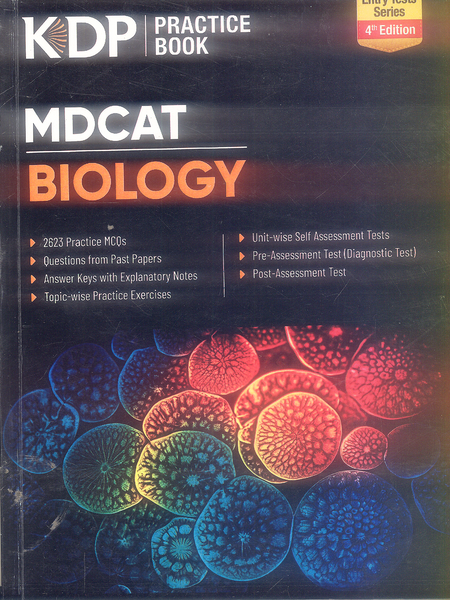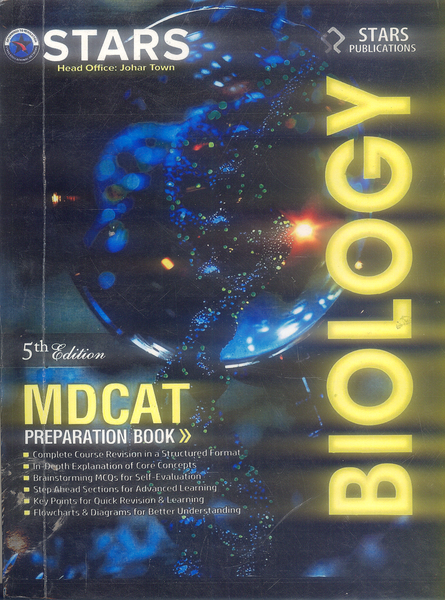Algae for Biofuels and Energy by Michael A Borowitzka (Editor)
- Publisher: BIOLOGY
- Availability: In Stock
- SKU: 49081
- Number of Pages: 300
Rs.720.00
Rs.995.00
Tags: algae biofuel systems , algae bioreactors , algae cultivation for fuel , algae cultivation systems , algae energy case studies , algae energy conversion , Algae for Biofuels and Energy , algae fuel research , algae harvesting techniques , algae in renewable energy , algae-based energy , algal biofuels , algal biomass , algal biotechnology , algal energy technologies , algal fuel production , algal lipid extraction , algal oil production , algal research book , alternative energy sources , applied phycology , best books , Best Price , Best Selling Books , bioenergy from algae , biofuel production methods , biofuel sustainability , biofuels and sustainability , biomass energy algae , clean energy algae , Developments in Applied Phycology , energy from microalgae , environmental impact of algae energy , future of algae fuels , green energy algae , Michael A Borowitzka , microalgae energy , Navid R Moheimani , Online Bookshop , renewable energy algae , springer algae book , sustainable energy sources
📘 Title Name: Algae for Biofuels and Energy (Developments in Applied Phycology)
✍️ Authors: Michael A. Borowitzka (Editor), Navid R. Moheimani (Editor)
Quality: Black White Pakistan Print
🔹 Introduction:
This book explores the promising role of algae in the production of sustainable biofuels and renewable energy. It highlights cutting-edge research, production techniques, and economic and environmental considerations in algal bioenergy.
🔑 Key Points:
-
Comprehensive overview of algal biofuel production processes and energy potential.
-
Covers cultivation systems, harvesting techniques, and conversion technologies.
-
Discusses economic viability, lifecycle analysis, and environmental impacts.

























